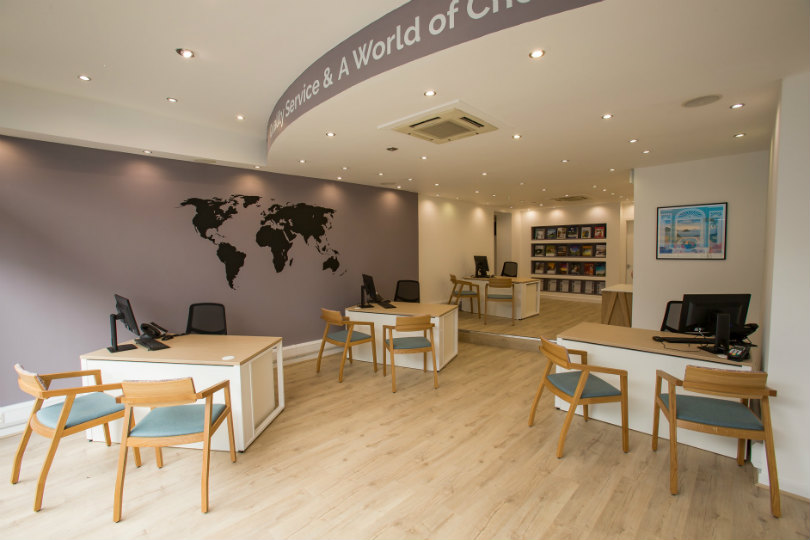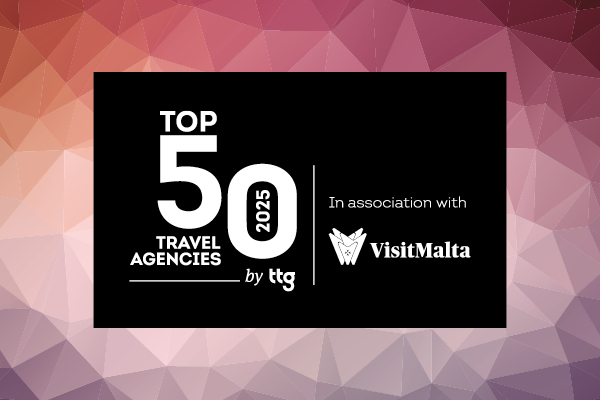Advice from asb law on how to foster equality at work
Rebecca Jorgensen, partner and head of employment at asb law, explains steps companies can take to foster equality in the workplace.
Today’s businesses are more diverse than ever before, putting pressure on companies to ensue their culture is one of equality and fairness.
With high-profile discrimination cases in the spotlight, companies cannot afford to rest on their laurels.
With people of different genders, abilities, races and cultures working together, travel companies have had to adapt and change to create a culture where all are valued and treated in accordance with their needs.
An example is Virgin Atlantic’s relaxation of uniform requirements earlier this year to allow women to wear trousers and ditch make-up.
Spotting bias
As humans we are subject to preconceptions, whether they are conscious or unconscious.
The trick is to understand how our unconscious bias affects us so that we can identify when it may be influencing business decisions.
This could be in several ways, such as making assumptions on a person’s merit based on their membership of a specific group, supporting an individual with the characteristics most similar to our own, or drawing conlusions based on the opinions of others.
The unconscious - and unfortunately, sometimes conscious - biases can come into play in our day- to-day work environment.
So if companies do not train staff sufficiently, or prepare to deal with issues when they arise, discriminatory grievances can come about.
In addition to the cost of defending any legal action and resulting payouts, these complaints can lead to many other negative effects on businesses, such as loss of time to prepare for and take part in tribunals, stress on all involved parties, damage to company reputation, the negative effect on morale from such processes and the knock-on effect on productivity.
Therefore, to stop them arising, travel companies should take the following steps:
1) Create and implement equal opportunities, anti-harassment, and anti-bullying policies and review them as appropriate.
2) Make all employees aware of the policies and their implications.
3) Train managers and supervisors in equal opportunities and harassment issues and filter this training down through their teams.
4) Take steps to deal effectively with complaints, including taking appropriate disciplinary action.
Reaping the benefits
Diversity in the workplace can be linked directly to higher-performing teams and, in order to be most effective, people within them need to have the freedom to think and act on their own.
They need the ability to make mistakes as part of the process, to review them and use them as a learning tool (known as a growth mindset).
By providing managers with guidance on what is and isn’t acceptable through training and clear policies, you are able to give them the freedom to build a strong team with the knowledge that the boundaries are clear.
Above all, it is important to recognise that true diversity in the workplace cannot be achieved through a few documents and the HR department, but through a company-wide ethos of acceptance and constant communication.
For more information, contact Rebecca Jorgensen, on rebecca.jorgensen@asb-law.com or call 01293 603642.



















